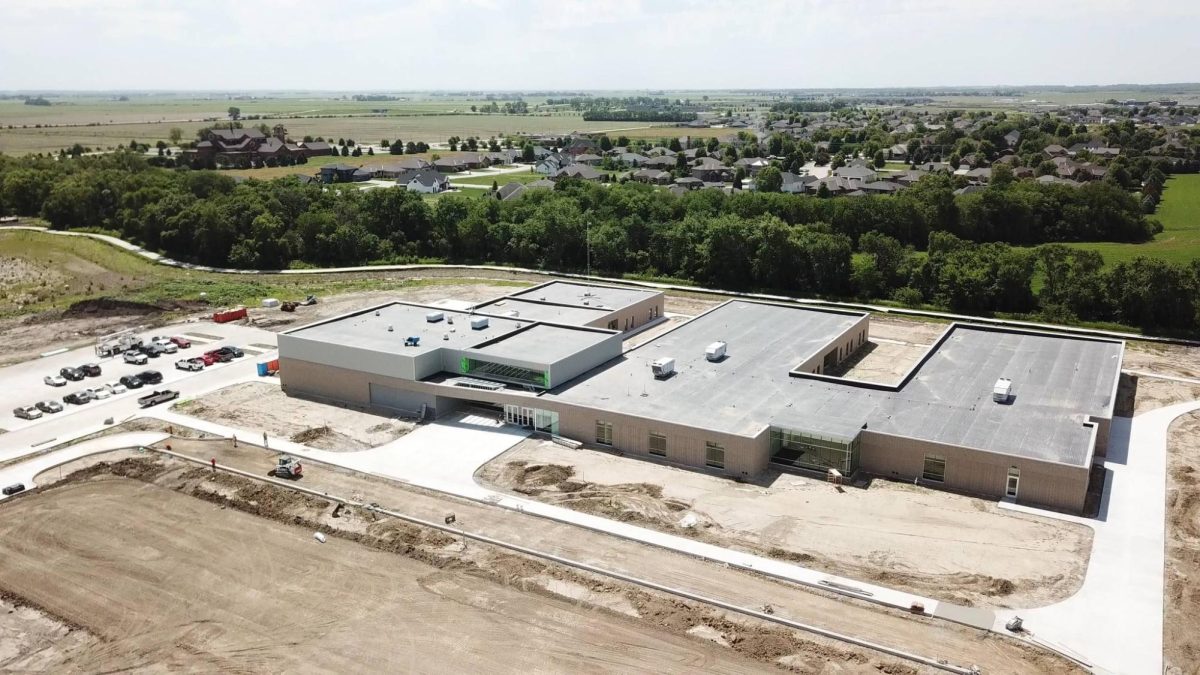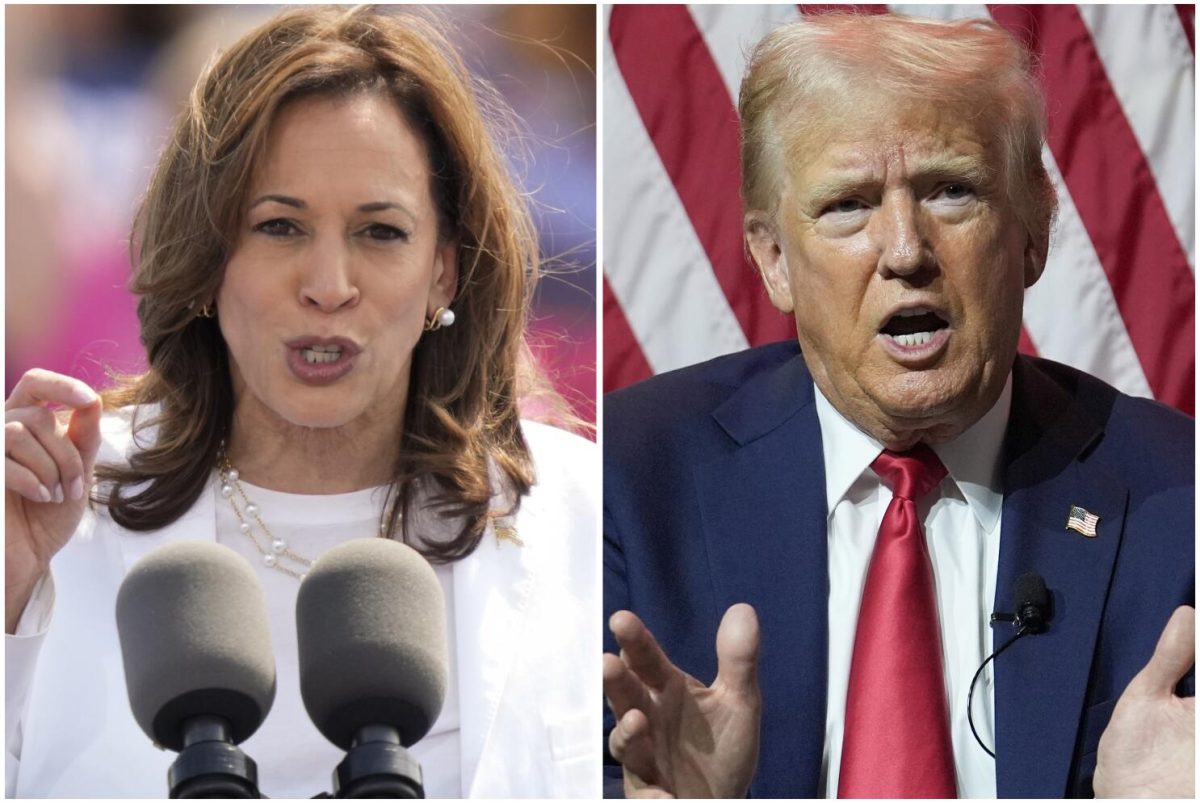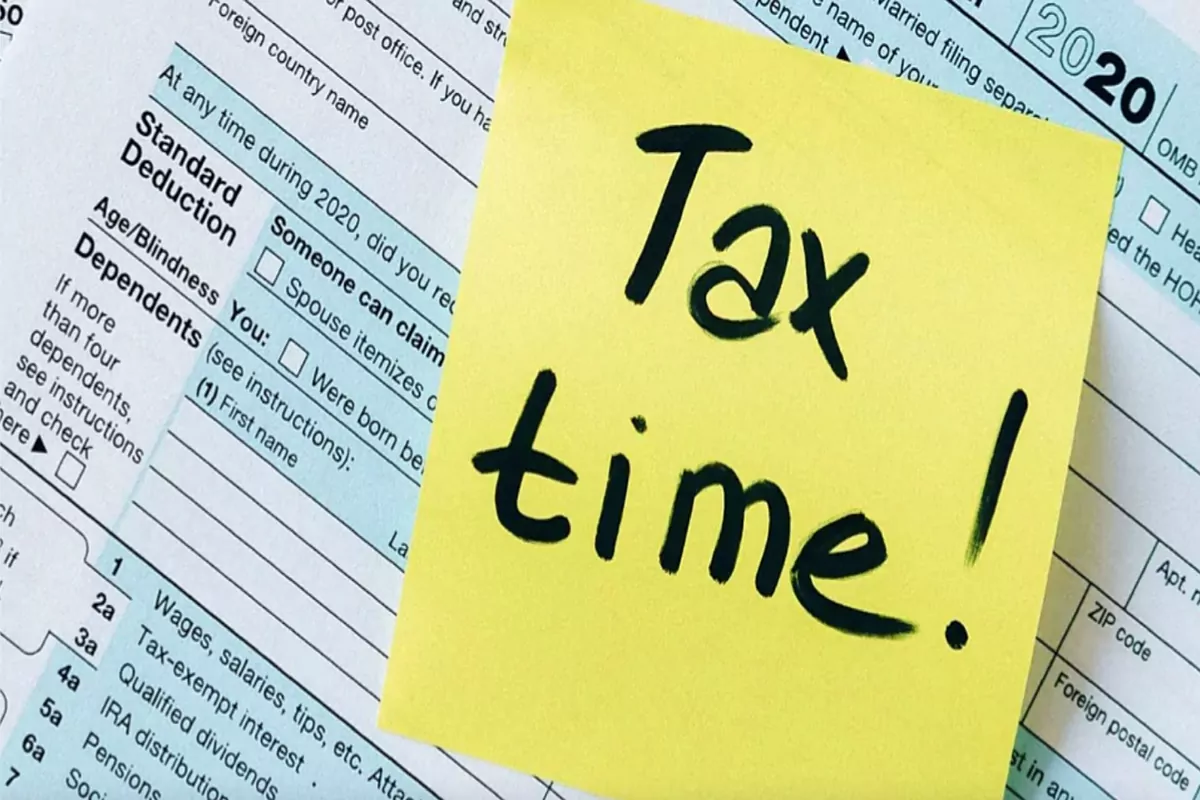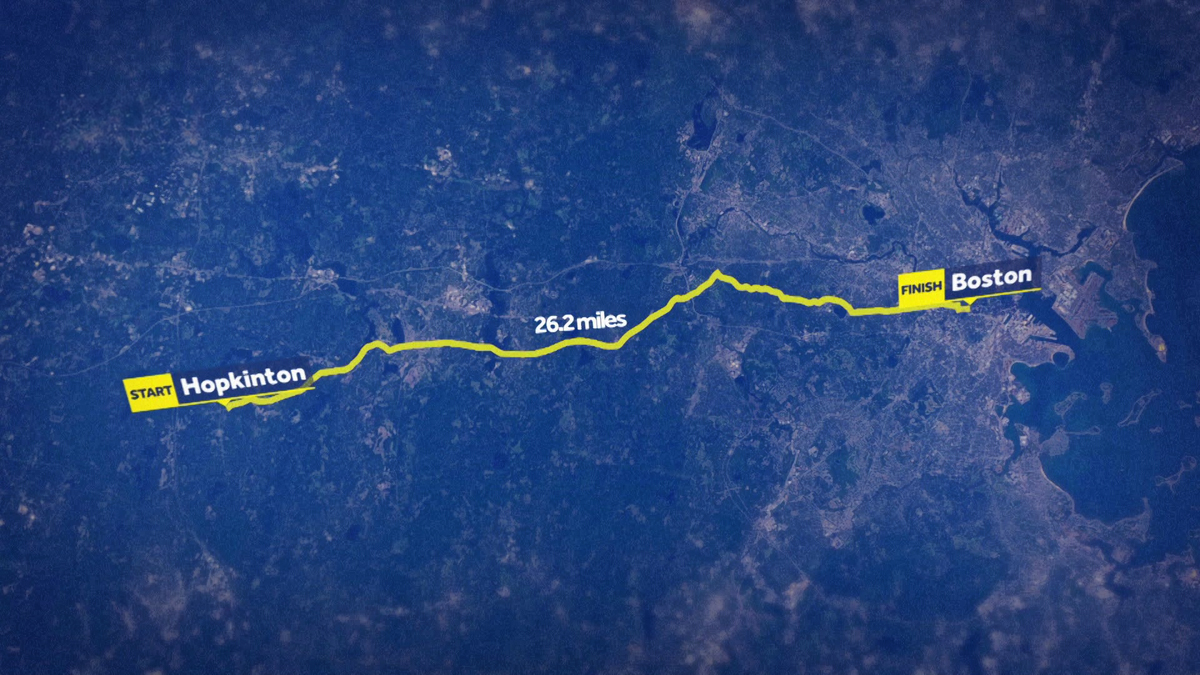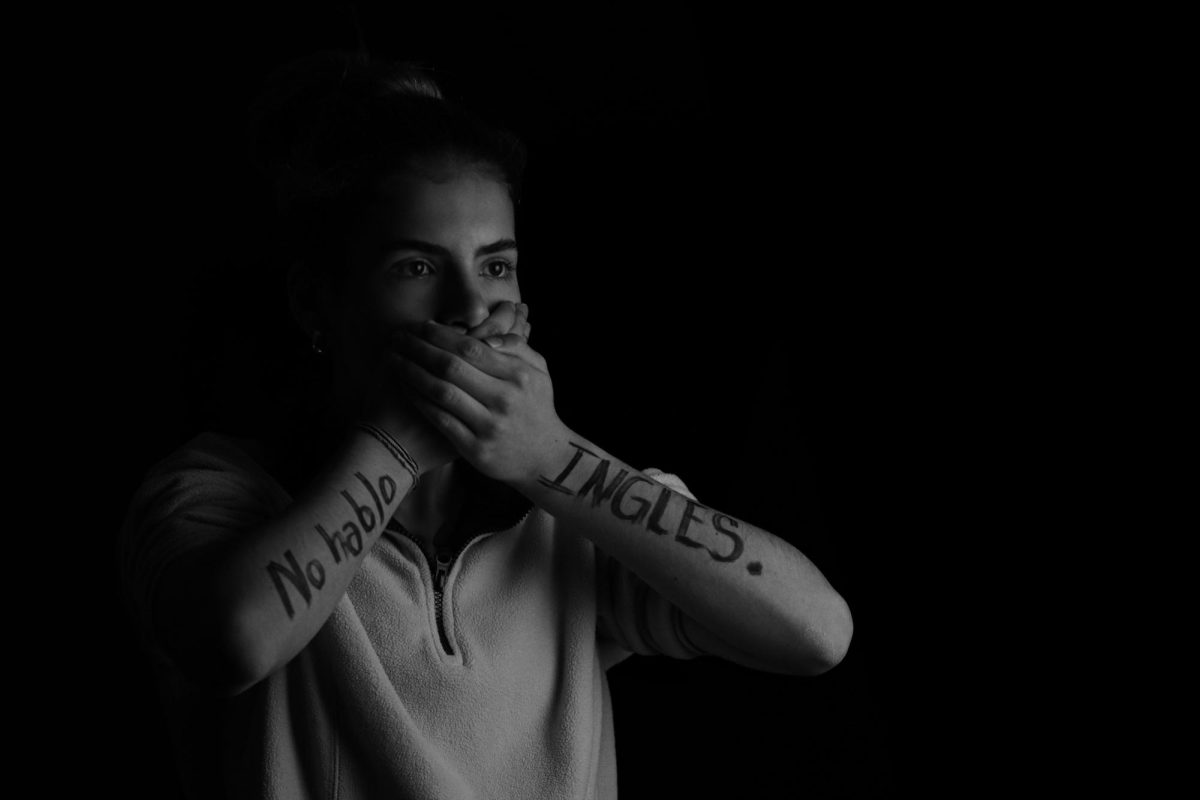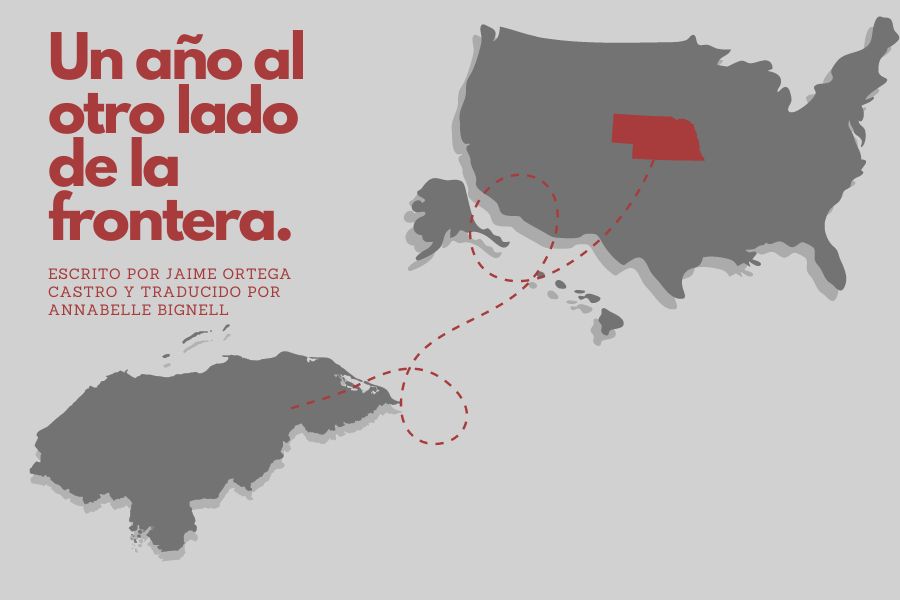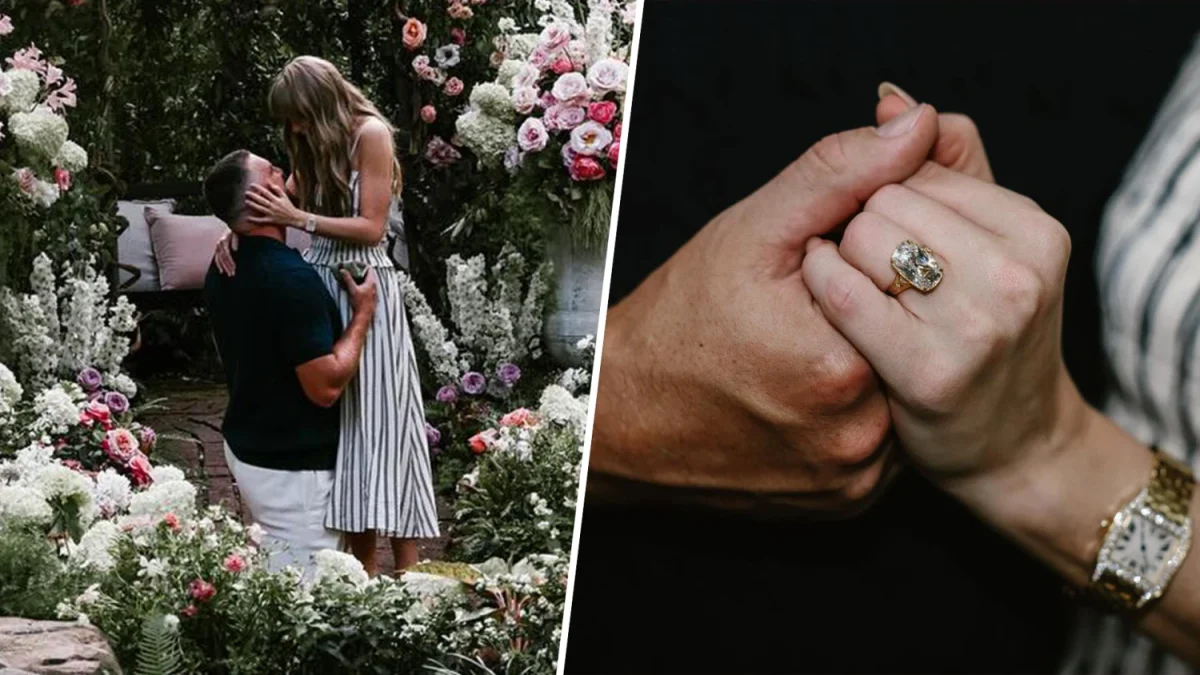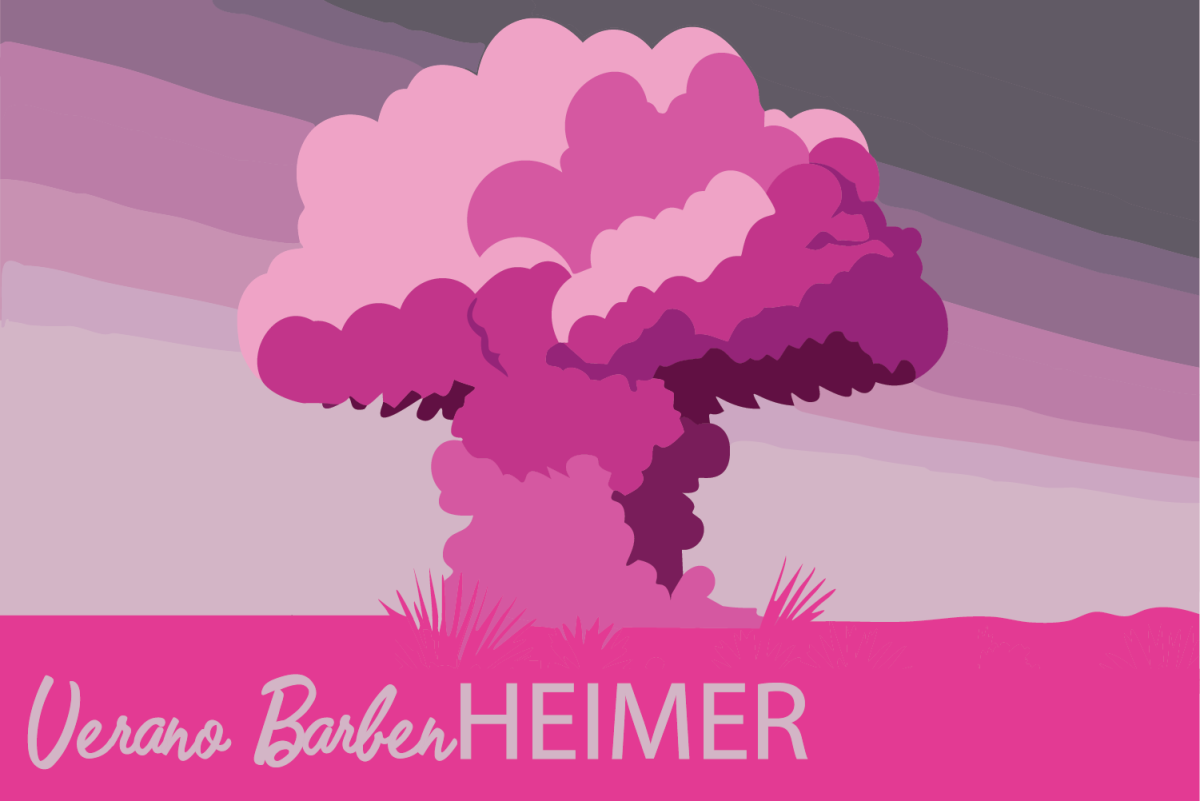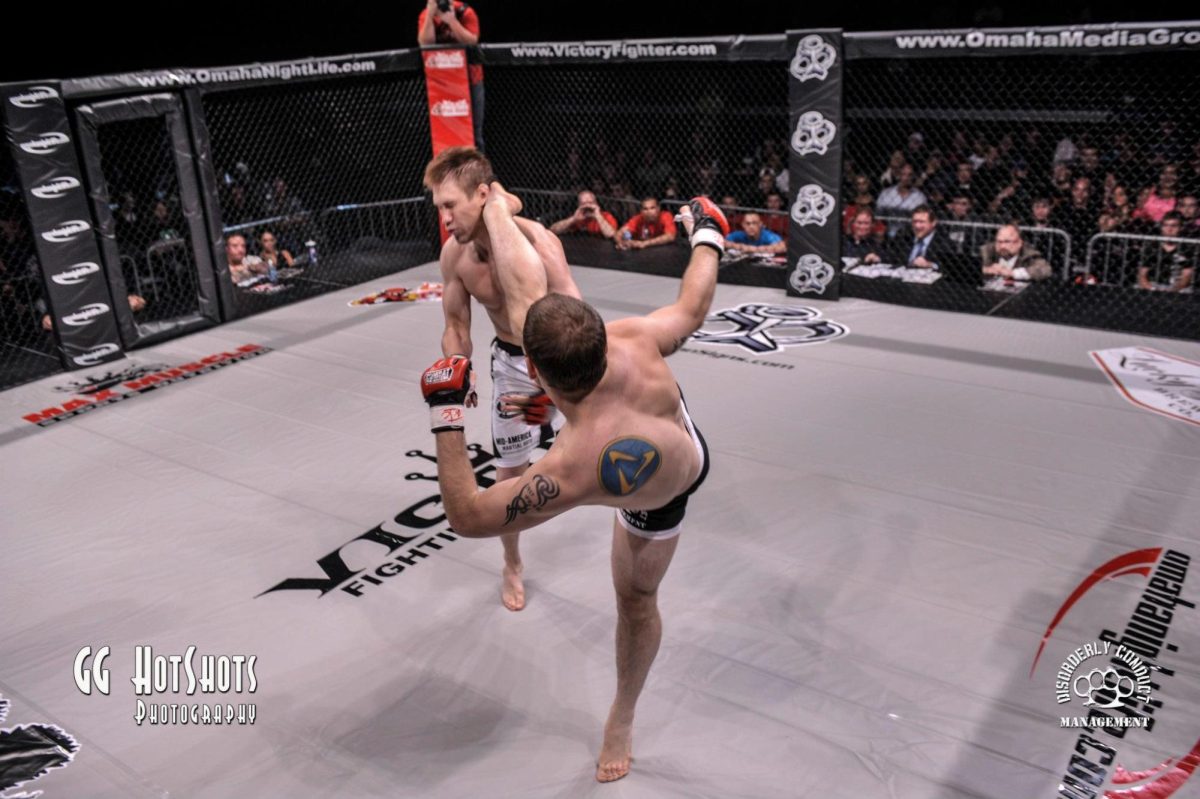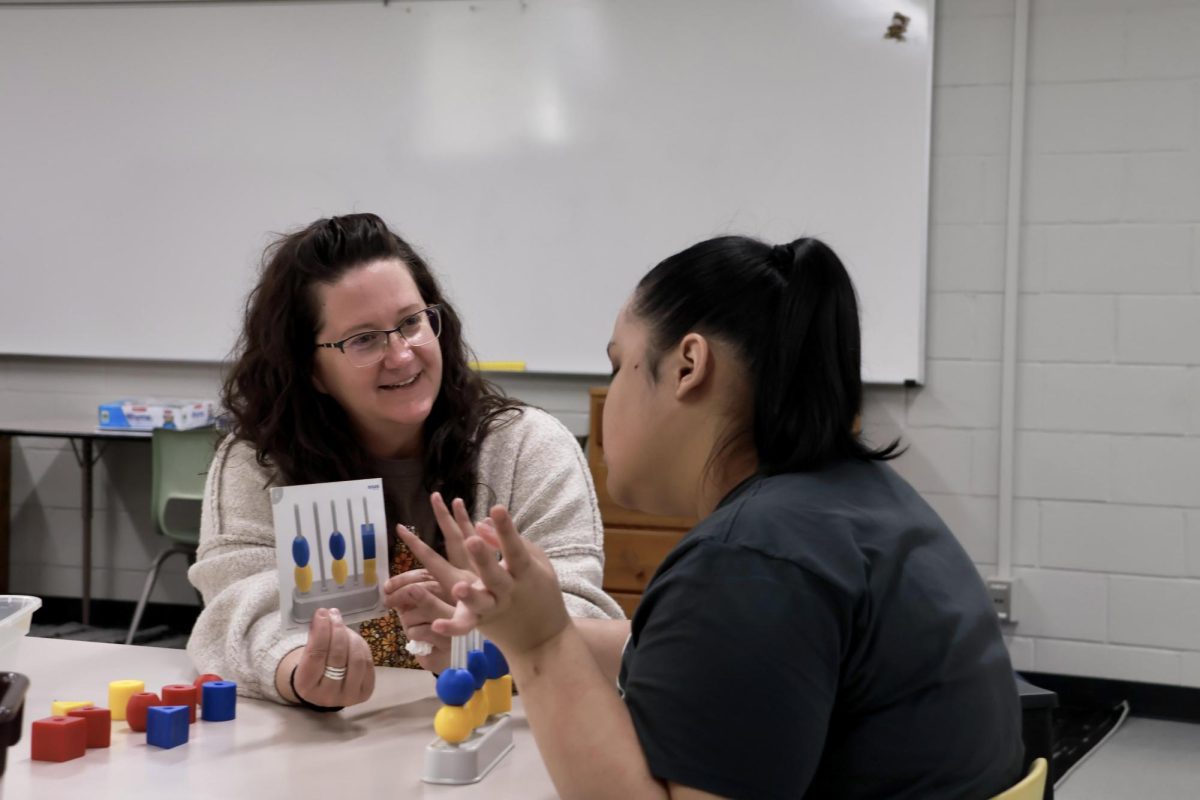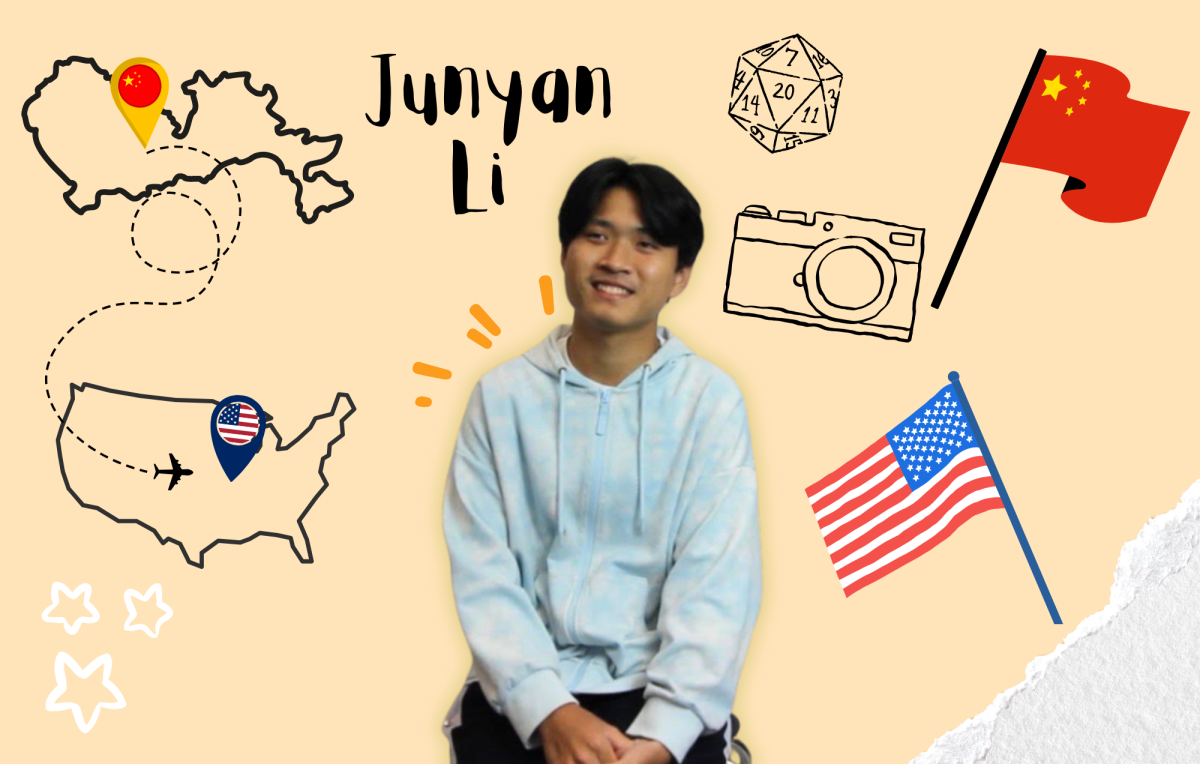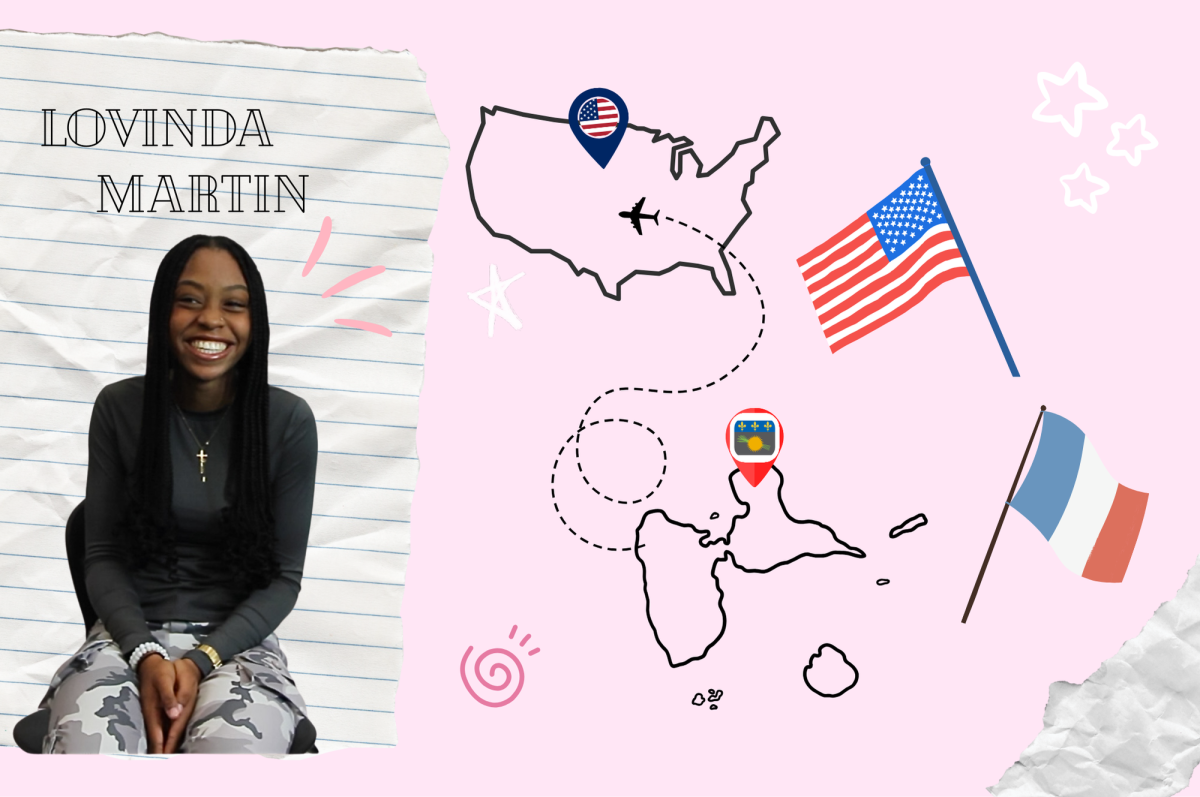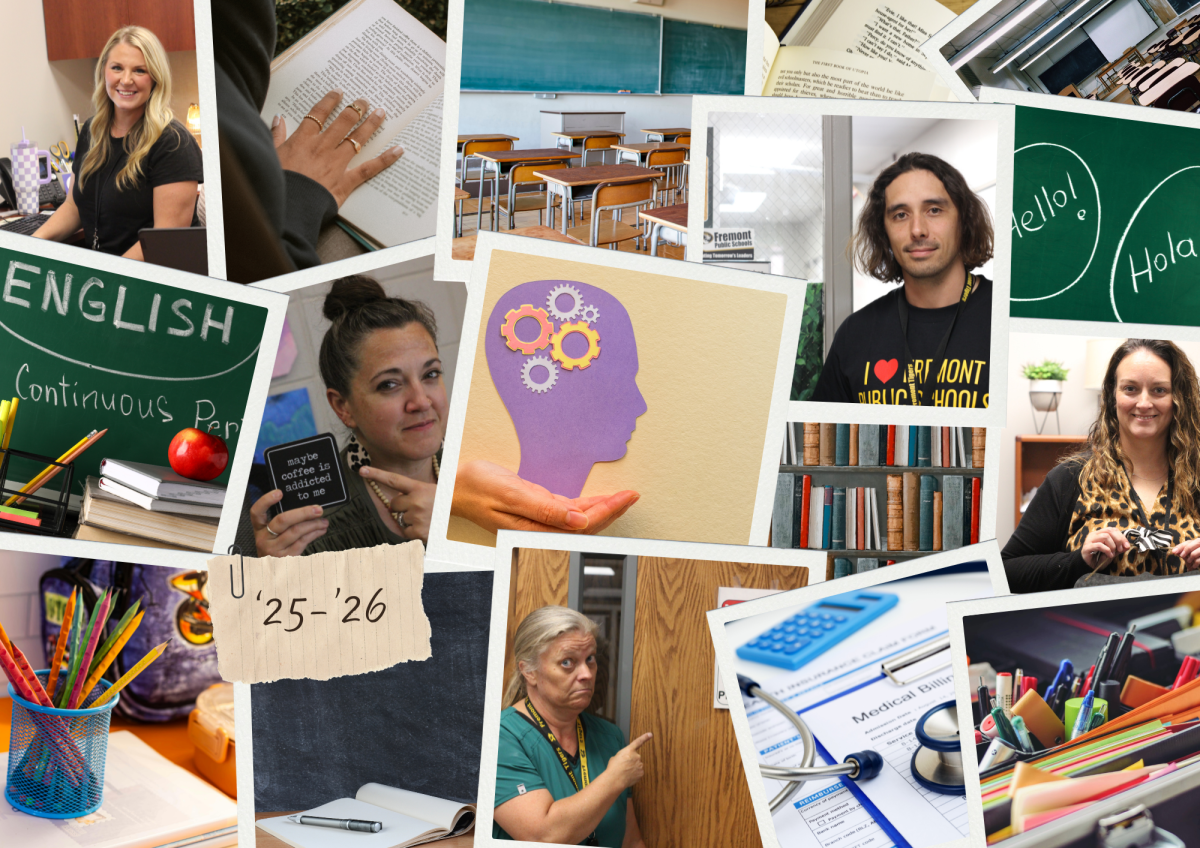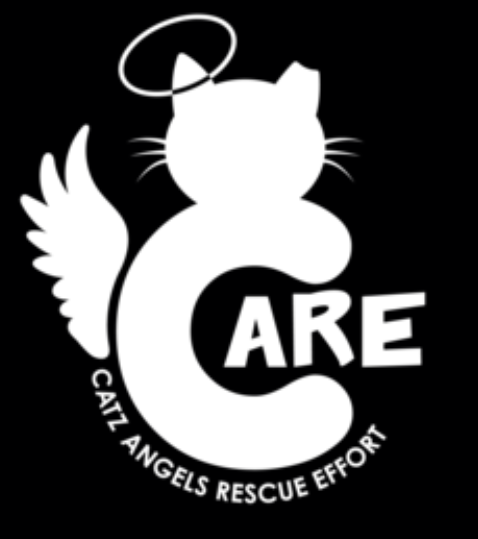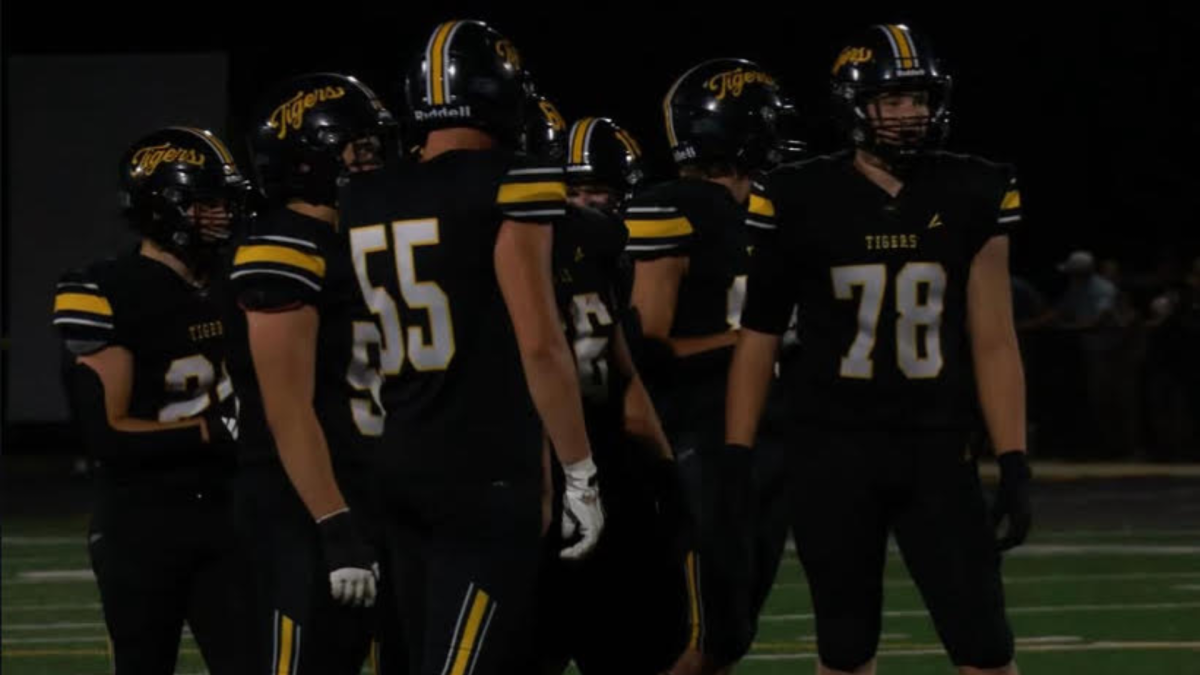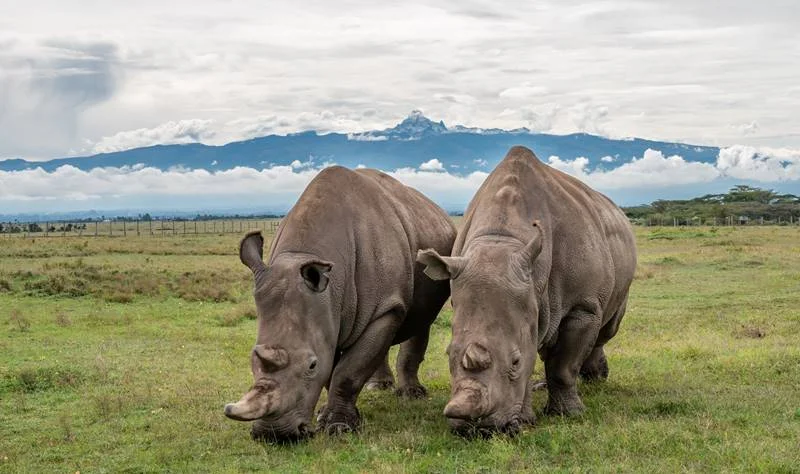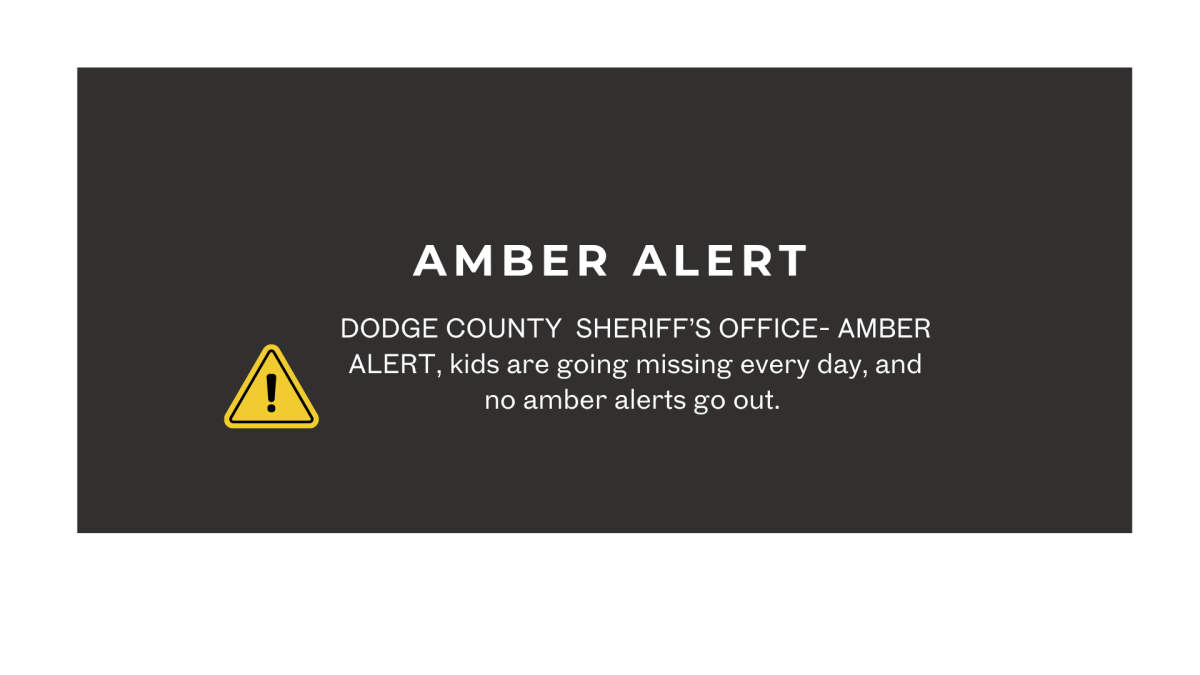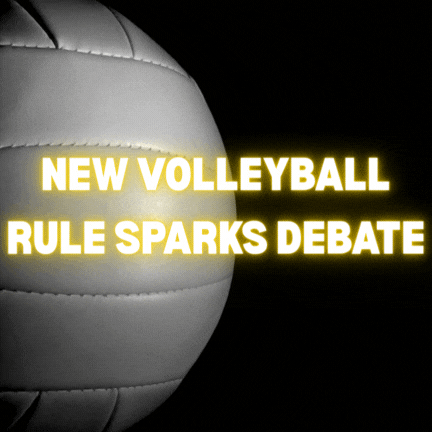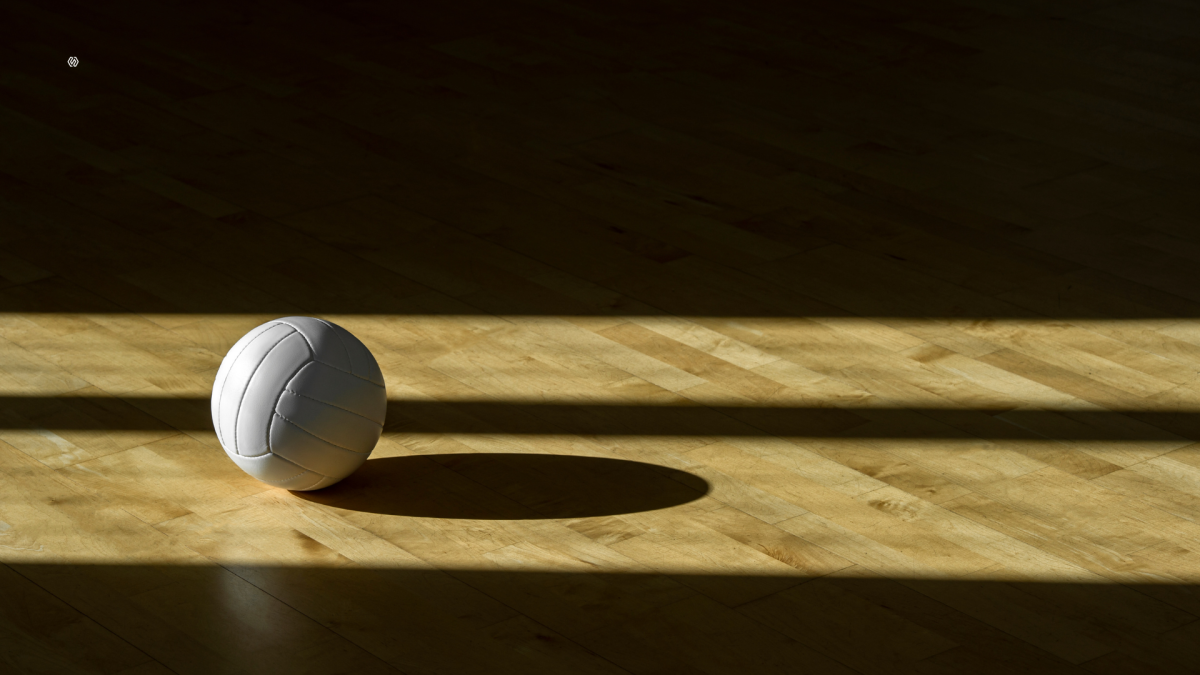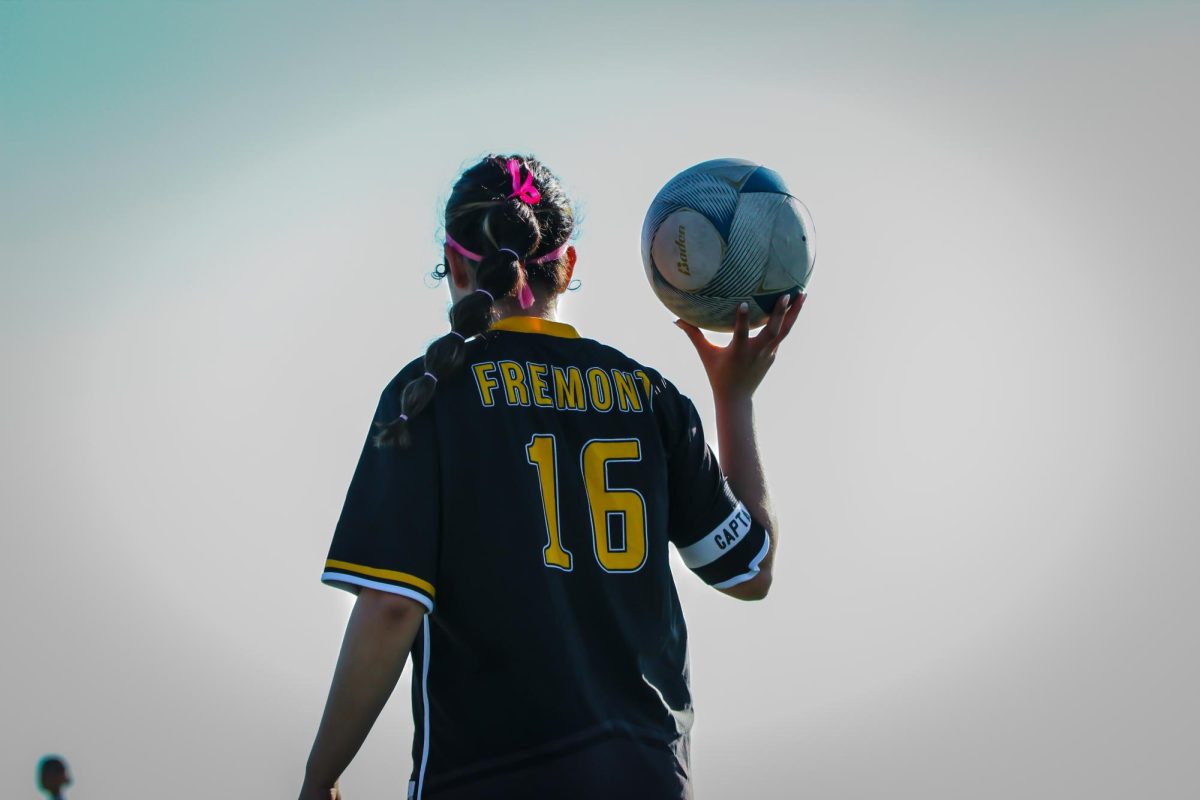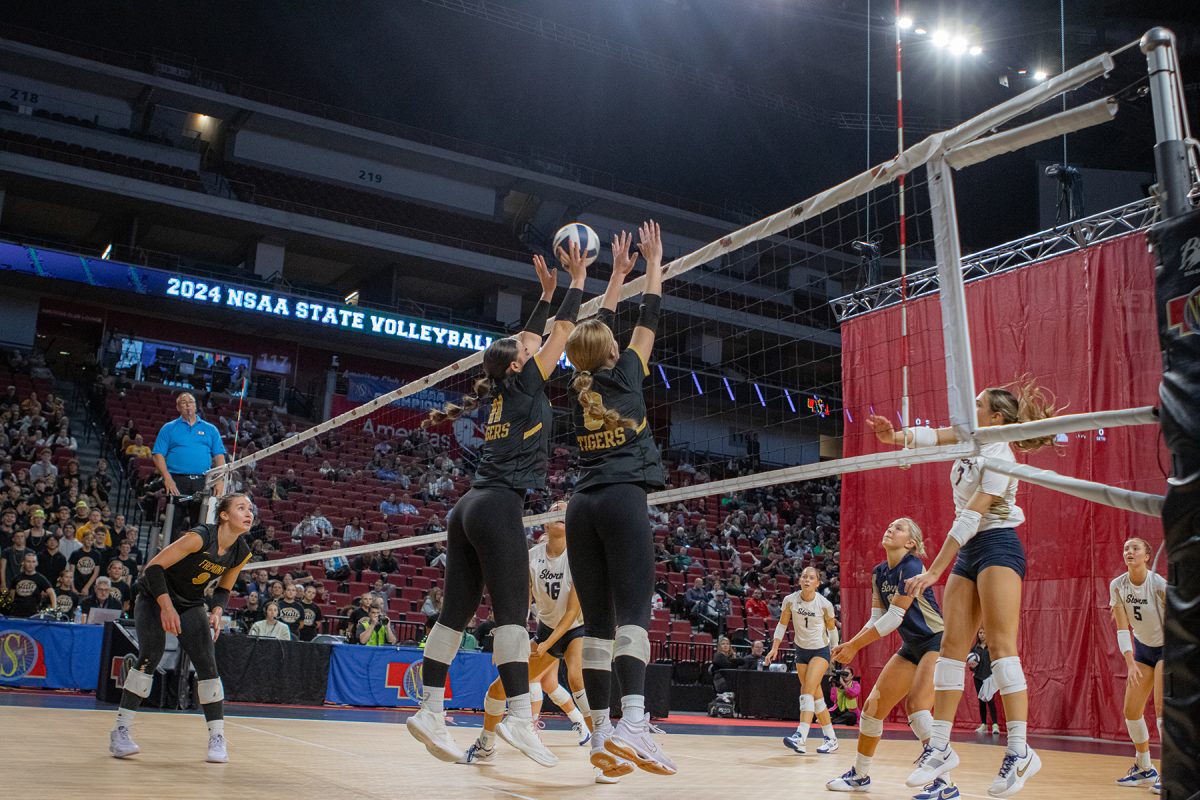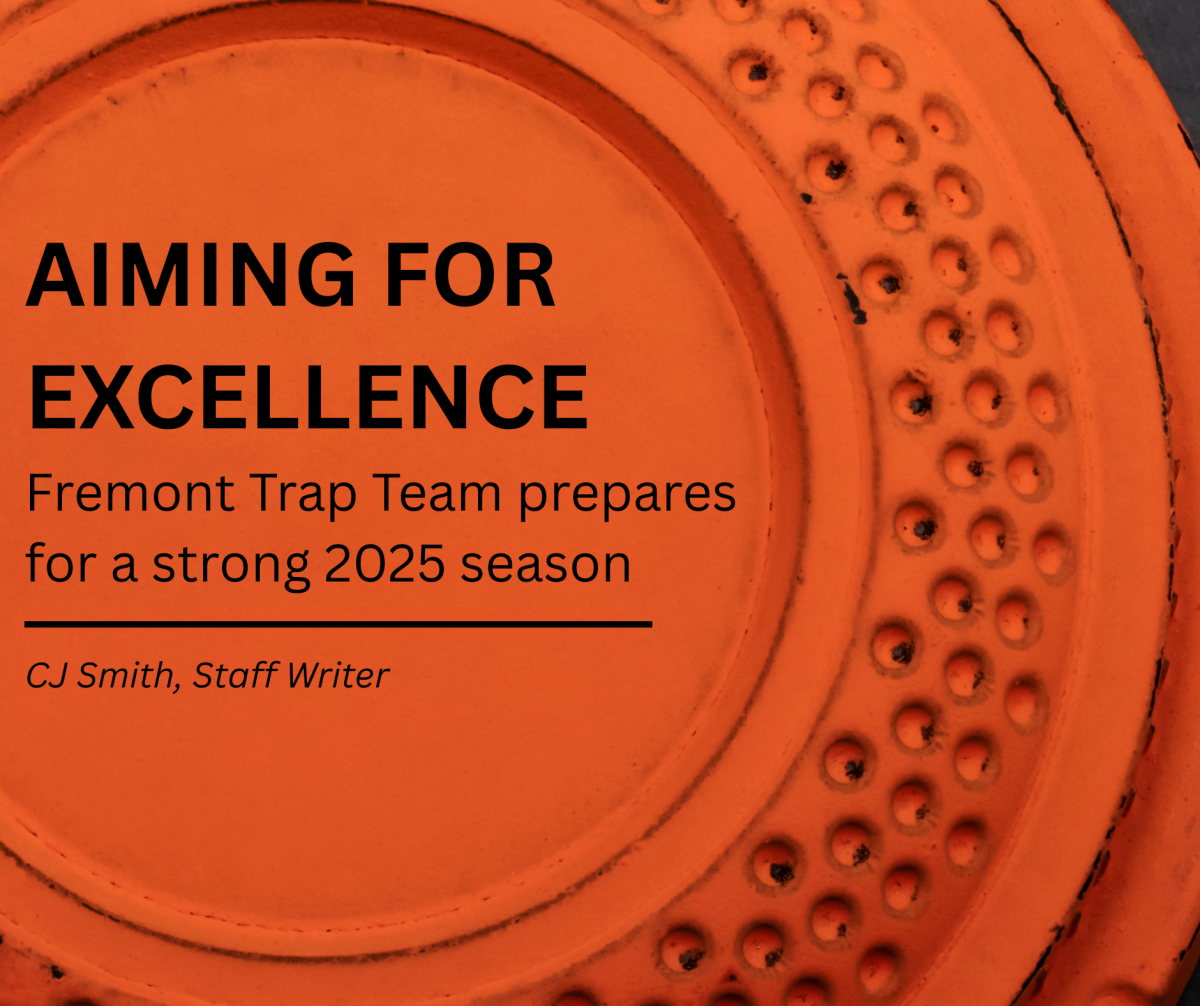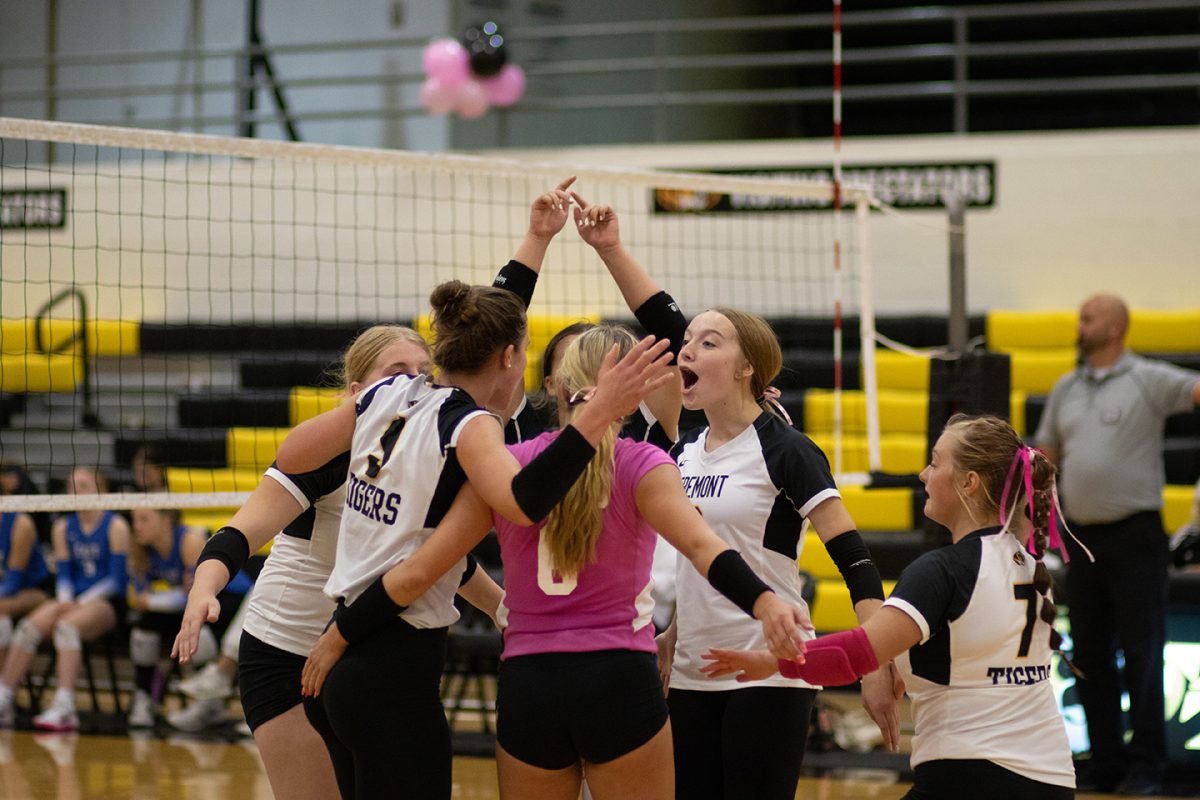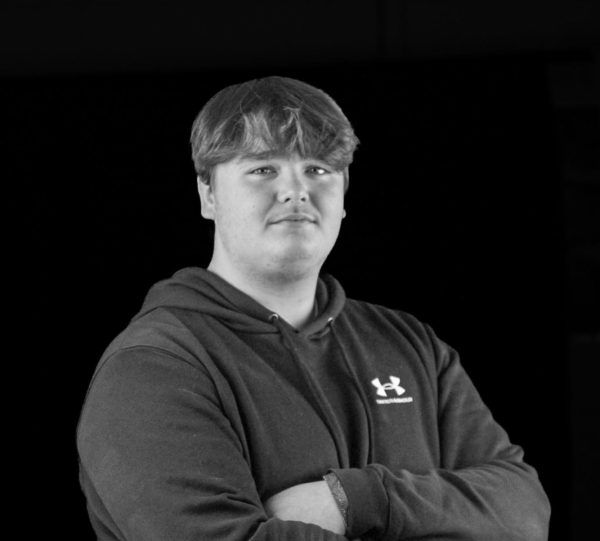When students get called into Dillon Grossman’s office they see a stereotypical administrator, yet they may not realize what Grossman used to do.
Before assigning homework or tardy blocks, Grossman served punches in the ring. Grossman started fighting before he was a teenager.
“I started martial arts when I was 11 – I started with Taekwondo,” Grossman said. “I got a black belt in Taekwondo and then when I was 14 I found out my martial arts instructor was also trained in Brazilian jiu jitsu. I decided to then compete in Brazilian jiu jitsu just because it was a different kind of martial arts.”
Grossman continued Martials Arts in other forms when he entered high school.
“I wrestled in high school, and I thought someday I want to compete and fight to see what it is like,” Grossman said. “Everyone has dreams and aspirations of making it big, but as you go those things kinda change. Kinda like some people think that one day they can make it to the National Football League (NFL), I thought that someday I could fight in the Ultimate Fighting Championship (UFC).”
For Grossman, fighting was not just a hobby, it was his life. He not only put hours into this sport, he also put in hard work and dedication.
“When I used to fight it was very time-consuming,” Grossman said. “it wasn’t something you just did on the weekends. I started training to fight when I was graduating high school because during high school I was focused on wrestling,
In the early 2010’s, around when Grossman was first starting, the Mixed Martial Arts (MMA) may not have been big, but he was still trying to get his name out there.
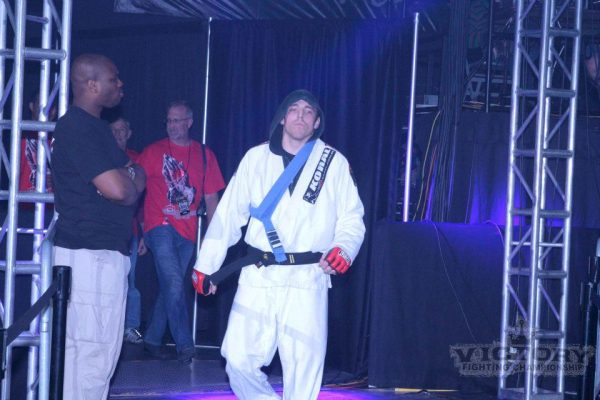 “The UFC had not exploded as much back then because we are on UFC 300 almost and back then it was UFC 100, but we just referred to it as Mixed Martial Arts, or Cage fighting.” Grossman said. “So I fought for a couple different things, I fought for something called Disorderly Conduct, and then I fought for Victory Fighting. That was all run through the Nebraska Athletic Commission.”
“The UFC had not exploded as much back then because we are on UFC 300 almost and back then it was UFC 100, but we just referred to it as Mixed Martial Arts, or Cage fighting.” Grossman said. “So I fought for a couple different things, I fought for something called Disorderly Conduct, and then I fought for Victory Fighting. That was all run through the Nebraska Athletic Commission.”
Eventually, after many hours of training, and several fights, Grossman’s hard work started to pay off.
“I went from fighting in smaller shows and like ballrooms kind of, to fighting in an arena, and walking out with lights and smoke and that was an amazing experience,” Grossman said. “I won my first three fights. Then I took one [match] on short notice, that I didn’t train as much for because I kinda just wanted some money, and that’s the one I lost.”
Unfortunately due to a bad hand injury, Grossman had to stop training and fighting until it was healed.
“I broke my hand so that was probably part of it, I have a plate and six screws in one of my hands,” Grossman said.
After recovering from his previous hand injury, Grossman decided to take the path of education. He thought his fighting days were over, but he has continued to be surrounded by it.
As you get older you kind of see what you are doing, and you kind of adjust your goals and change.” Grossman said. “I would say it’s more just like a part of my life, and it was just the things that I did back then and as you grow you change. Your interests and hobbies and those kinds of things change.”
In addition to using his MMA skills for coaching, Grossman also uses them in a new role as a dean of students.
“I have broken up a few fights,” Grossman said. “But I would say my MMA career helps me stay calm.”
After Grossman became an administrator, he also wanted to coach. He used some of his tactics and strategies that he learned in his past to help coach high school wrestling.
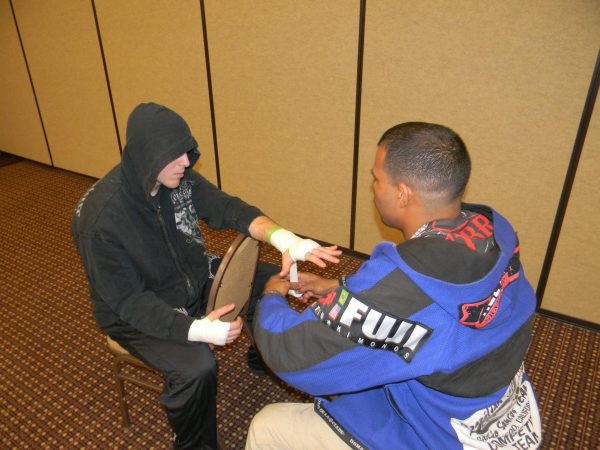
“When I coached wrestling it helped a lot with that.” Grossman said. “A lot of the kids knew I had a background but didn’t know much about it, but if they asked questions I would tell them they would have to do that to earn it and then I would answer the questions. We would kinda use it as a bargaining tool. I would say in reality the biggest things, helping teach kids motivation and help them set and achieve goals if they put their mind to it.”
For students thinking about becoming a fighter, Grossman offers advice.
“Take it slow,” Grossman said. “The biggest thing is to find one aspect and start training and working at that. If you are in high school, wrestle in high school. If you look at most pros, most of them are or were a wrestler at some point and that helps a lot. Hard work can help too.”

